
Choosing Between Vitamin C and Vitamin E: Which is Better for Your Face
Glowing, youthful skin is a goal for many of us, and vitamins C and E have been touted for their complexion-enhancing skincare benefits. But which one is better for your face? Should you take vitamin C or E supplements? Or use skin care products containing these antioxidants?
Understanding the differences between vitamins C and E, their skin benefits, and how to use them can help you make the best choice for your unique skin type and concerns. This article will compare and contrast vitamins C and E to determine which results in a radiant complexion.
What is Vitamin C: Benefits and Uses
Vitamin C, also known as ascorbic acid, is a water-soluble antioxidant that plays a key role in immune health and collagen production. Our bodies don't produce vitamin C independently, so we need to obtain it from food and supplement sources.
Vitamin C is a powerhouse antioxidant on the skin that neutralises free radicals caused by UV exposure and other environmental stressors. By limiting this oxidative damage, vitamin C protects and helps prevent fine lines, wrinkles, dark spots, and loss of firmness.
Vitamin C is also essential for healthy collagen production in the skin. Collagen provides structural support in the dermis to maintain elasticity and keep the skin plump. Topical application of vitamin C signals to fibroblasts to ramp up collagen synthesis, counteracting the natural decline. The Pink Foundry's 15% Vitamin C Brightening Serum is a notable option to consider.
With regular use, the key benefits of topical vitamin C application for the face include protection against UV damage, increased collagen production, fading of dark spots and discoloration, hydration and smoothening of skin texture, and an even skin tone.
What is Vitamin E: Benefits and Uses
Like vitamin C, vitamin E is an antioxidant that fights skin-damaging free radicals. It is a fat-soluble compound made up of several tocopherols and tocotrienols. Vitamin E works in tandem with vitamin C. While vitamin C neutralises free radicals in the watery portions of cells, vitamin E scavenges free radicals in the fatty cell membranes, making the combination of vitamin E and vitamin C together more powerful.
Vitamin E benefits for the skin include protecting cell membranes against oxidative damage, preventing collagen breakdown and skin wrinkling, soothing inflammation and damaged skin repairs, and improving moisture retention. Vitamin E is also beneficial in fading dark spots and supporting skin healing.
Both oral and topical forms of vitamin E are useful for achieving smooth, radiant skin. Natural vitamin E oil is also an effective moisturiser and skin-soother. For the best vitamin C face wash, try The Pink Foundry's Brightening & Exfoliating Vitamin C Daily Face Wash.
Also read: Vitamin E Uses for Skin and How to Use It in Your Routine
Vitamin C and Vitamin E Together
Using vitamin E and vitamin C together allows these antioxidants to work synergistically for enhanced photoprotection and wrinkles. This is what one should consider when using vitamin C and vitamin E together:
- Synergistic benefits for the skin: Vitamins C and E are network antioxidants which regenerate each other and extend their free radical scavenging abilities when combined. Using a vitamin C serum and vitamin E during a skincare routine allows vitamin E to stabilise vitamin C, while vitamin C regenerates oxidised vitamin E to its active form. This amplifies their antioxidant protection, preventing up to 4 times more sun damage than using either alone.
- How they complement each other in antioxidant protection: The combination of lipid-soluble vitamin E and water-soluble vitamin C provides comprehensive antioxidant coverage to protect all portions of skin cells from oxidative attacks.
Vitamin C neutralises free radicals in the aqueous portions of cells and interstitial spaces, while vitamin E stops free radical chain reactions in the fatty cell membranes. This leaves no part of the cell vulnerable to free radical damage.
Vitamin C or Vitamin E: Which Is Better for Your Skin?
So, which antioxidant should you choose when choosing a vitamin C or E product for your face? The best vitamin depends largely on your unique skin properties and needs. Here's what one can consider:
- Factors like skin type and concerns: Vitamin C offers antioxidant protection to those with oilier skin, while vitamin E boosts moisture to suit drier skin types. Vitamin C also offers superior brightening for uneven tone, while vitamin E excels at fading scars and smoothing wrinkles.
- When to choose one over the other: If your main skin goals are to fade dark spots and achieve a glowing complexion, vitamin C products will likely be your best bet. Vitamin E can be the superstar for preventing collagen breakdown and maintaining youthful firmness.
Of course, using both vitamins C and E together during your skincare routine allows you to maximise antioxidant protection from daylight and environmental stressors. But when choosing just one, match it to your unique skin type and concerns.
How to Use Vitamin C and Vitamin E Safely
To reap the complexion-enhancing benefits of vitamins C and E, choosing the right formulations and using them properly in the skincare routine is vital. Here are some points to consider:
- Best forms for application (serum, cream): For vitamin C, opt for an L-ascorbic acid or vitamin C ester serum at a 10-20% concentration. Start with alternate-day use before working up to daily application. Natural forms like tocopherol are best for vitamin E. Use a vitamin E serum or beauty oil containing alpha-tocopherol daily.
- Ideal layering techniques for effective results: The ideal routine is to first apply your vitamin C antioxidant serum after cleansing and toning. Let it fully absorb, then follow with a vitamin E serum or moisturiser to seal the benefits. You can also mix a few drops of vitamin E oil into your vitamin C serum. This further boosts photoprotection and collagen production while preventing the oxidation of the vitamin C.
Also read: What Can Vitamin C Do for Your Skin?
Conclusion
While both vitamin C and E offer phenomenal skin rejuvenation and antioxidant protection, vitamin C takes the lead in transforming lacklustre complexions. Regularly used, vitamin C serums give the most dramatic results, correcting uneven skin tone and achieving a glowing, youthful radiance.
Vitamin E is best for preventing collagen breakdown and wrinkles, soothing inflammation, and hydrating dry skin. Using both vitamins together allows each to work more efficiently, giving the skin the fullest range of beautifying antioxidants.
FAQs
Can I use Vitamin C and Vitamin E together every day?
Using vitamins C and E daily is safe. In fact, combining them daily provides enhanced antioxidant protection compared to using either alone. Just be sure to apply vitamin C first before layering on vitamin E.
Is Vitamin C better for brightening than Vitamin E?
It is often difficult to assign blacks and whites in the answers to questions like which vitamin C or E is better for the face. Vitamin C is superior to vitamin E in brightening uneven skin tone and fading dark spots. Vitamin C inhibits melanin production to reduce hyperpigmentation, while vitamin E works better at treating pigmentation after damage has occurred.
Which is better for anti-aging: Vitamin C or Vitamin E?
Vitamin C is more powerful for collagen production and minimising wrinkles and sagging skin. However, vitamin E better prevents future collagen breakdown by neutralising free radicals in cell membranes and skin lipids. Using both maximises anti-ageing action.
Can Vitamin C and Vitamin E be applied at night?
It is perfectly safe to apply antioxidant serums containing vitamins C and E as a part of your evening skincare routine. Just be sure to follow with a good moisturiser tailored to your skin type.
Do Vitamin C and Vitamin E work for sensitive skin?
When used properly, vitamins C and E are suitable for sensitive skin. One can start by patch-testing any new products. To avoid oxidation, stick to low concentrations, around 10%, of vitamin C. Check that vitamin E products don't contain irritating essential oils or fragrances.









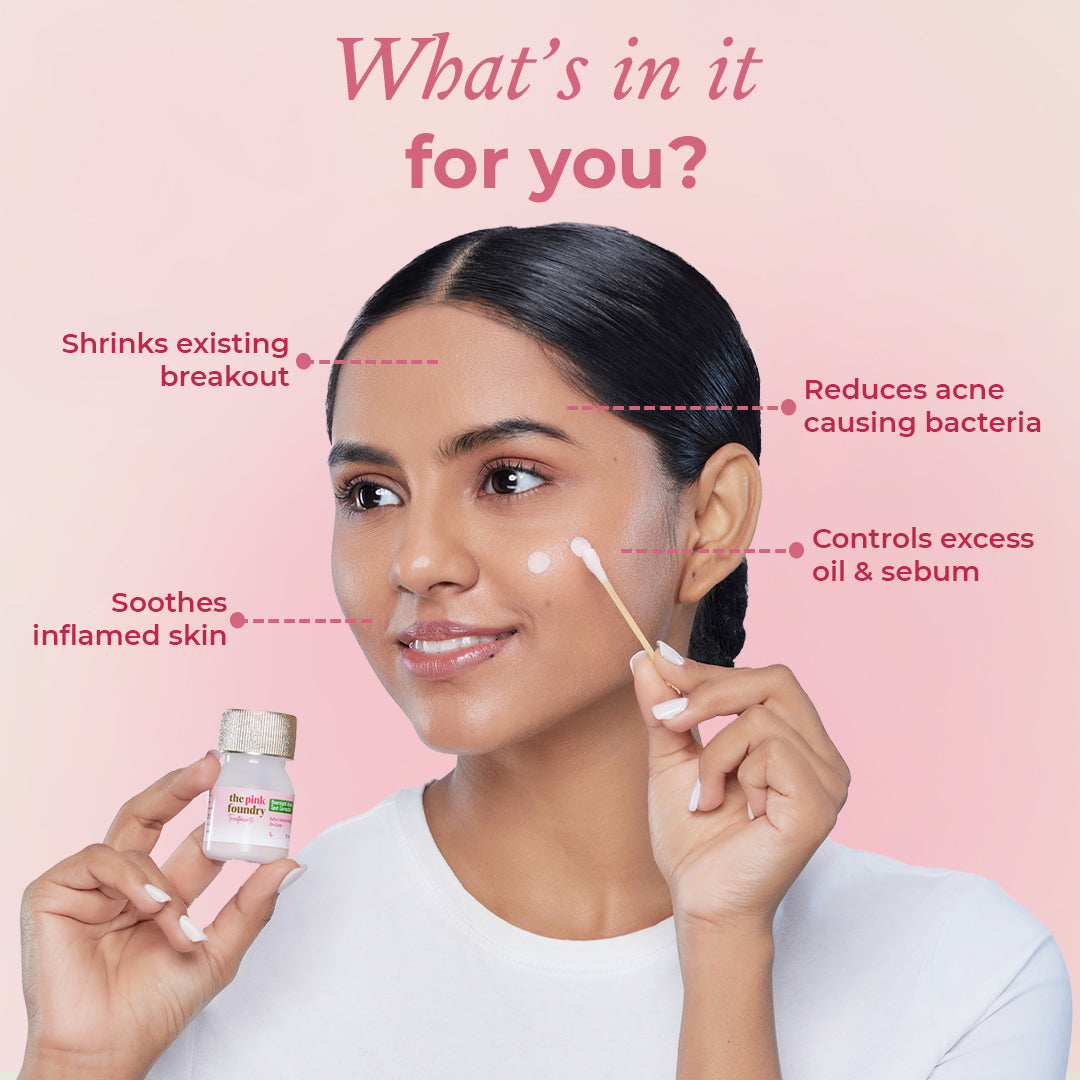
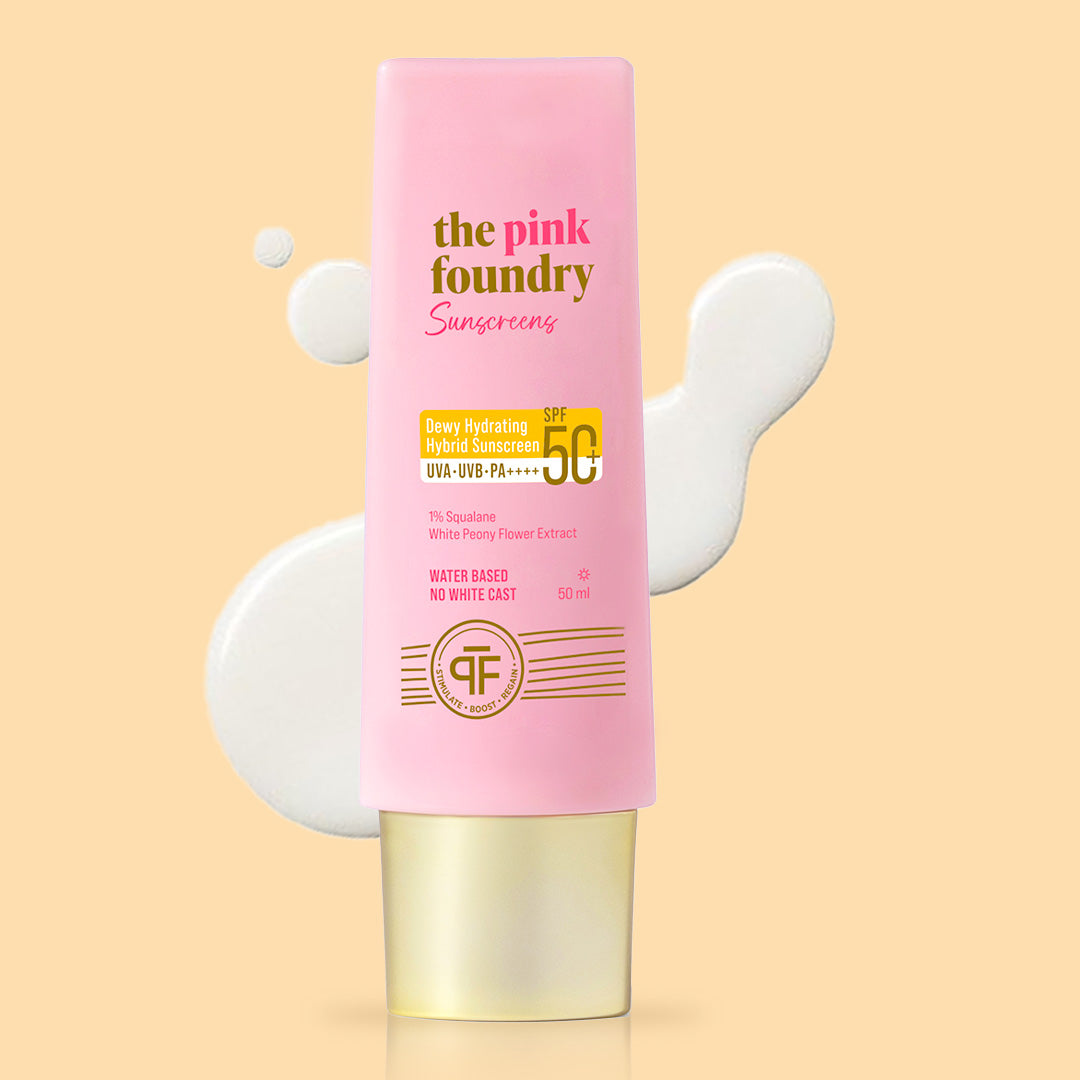
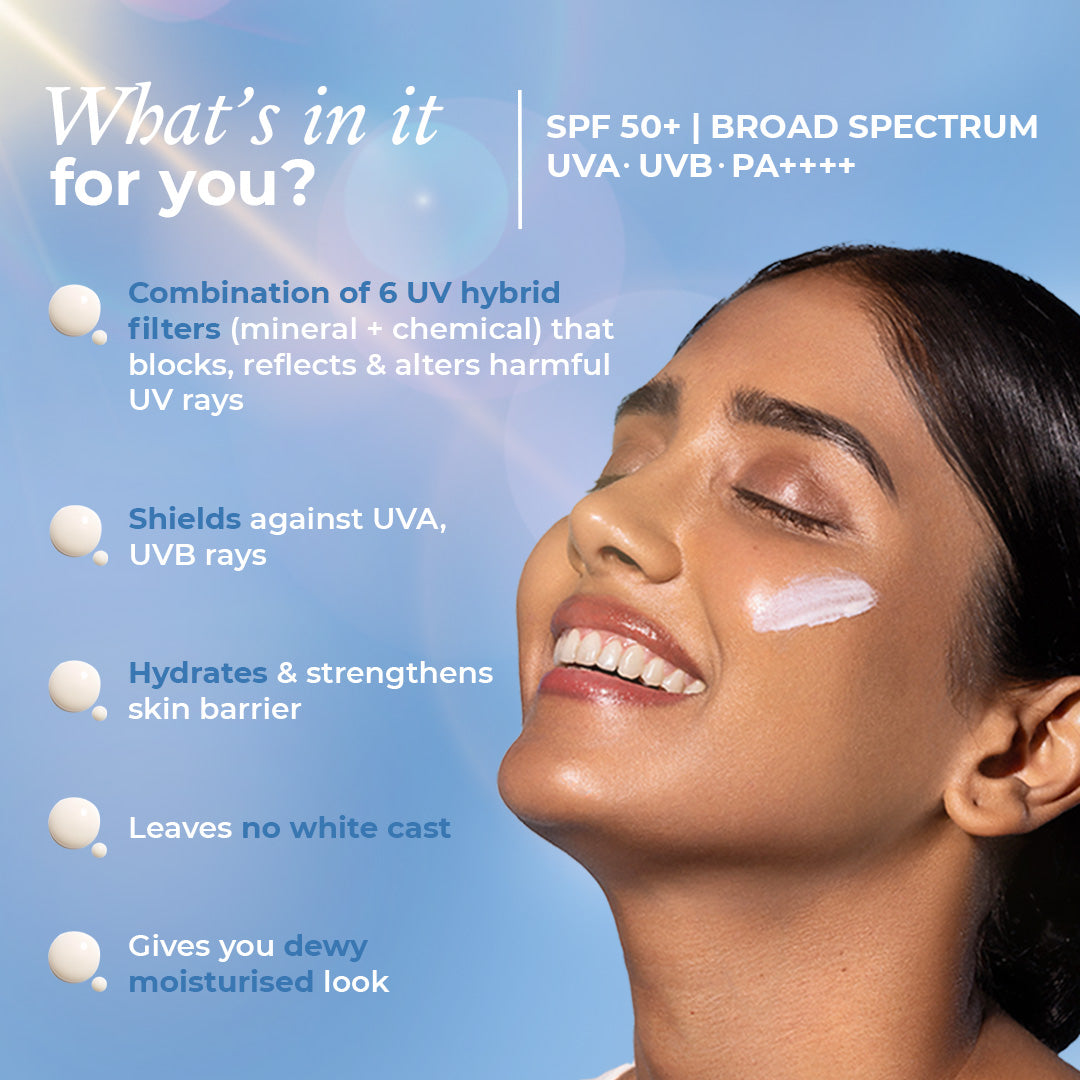


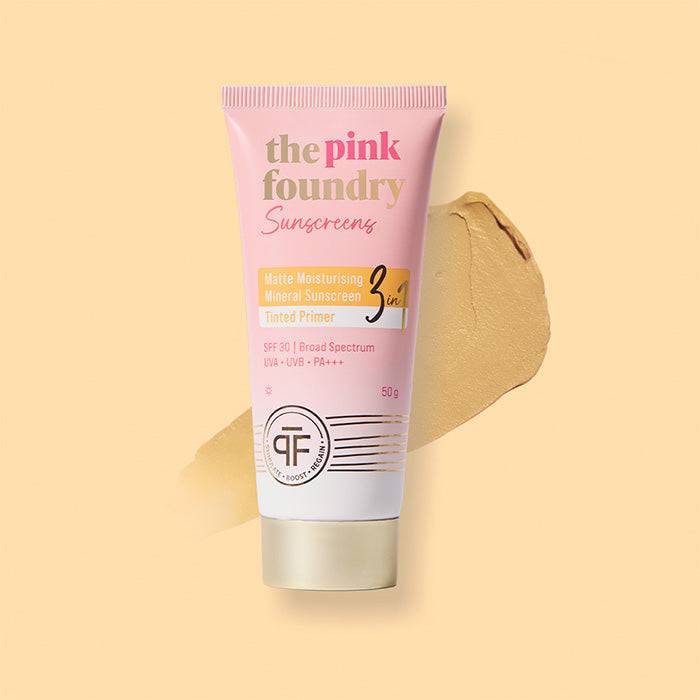
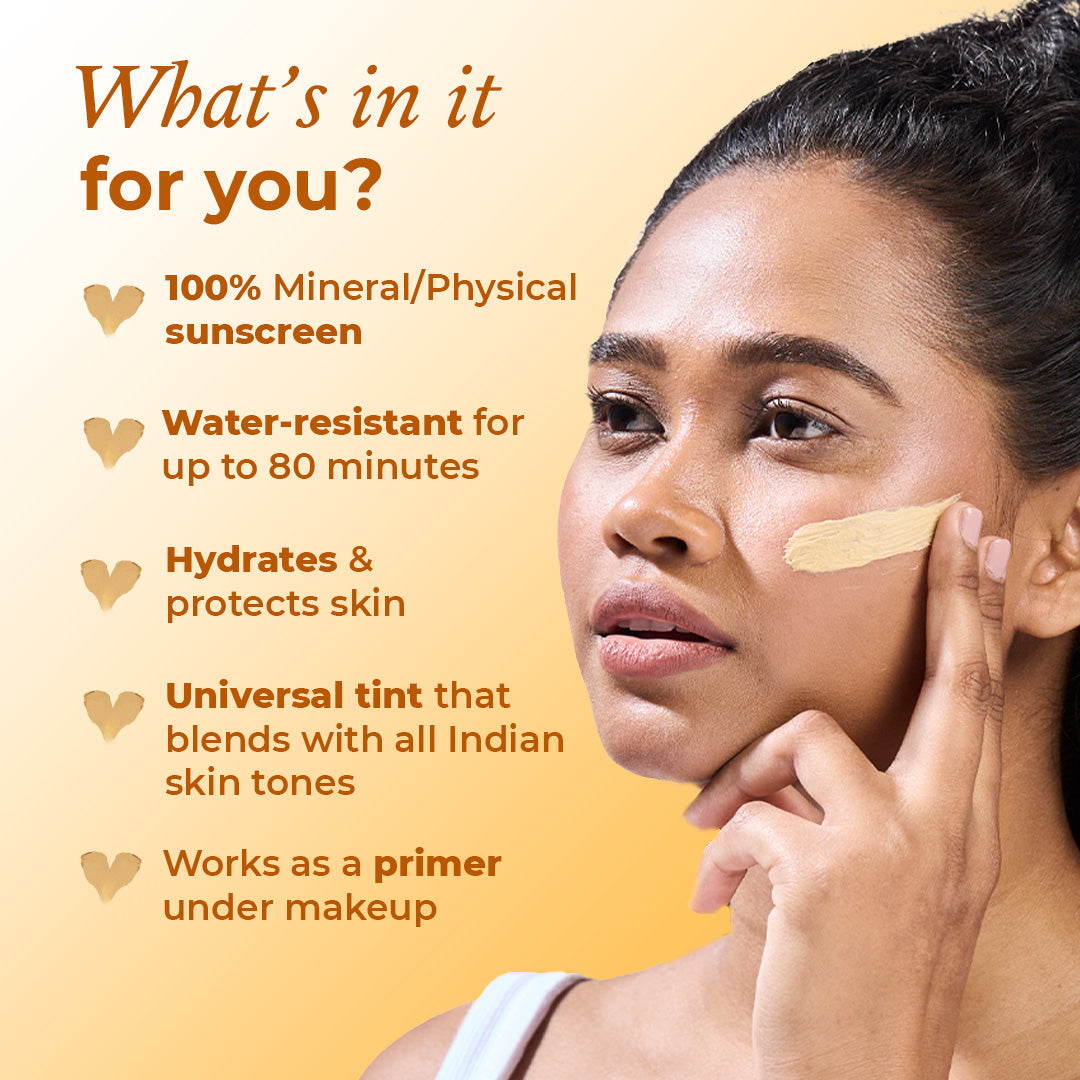



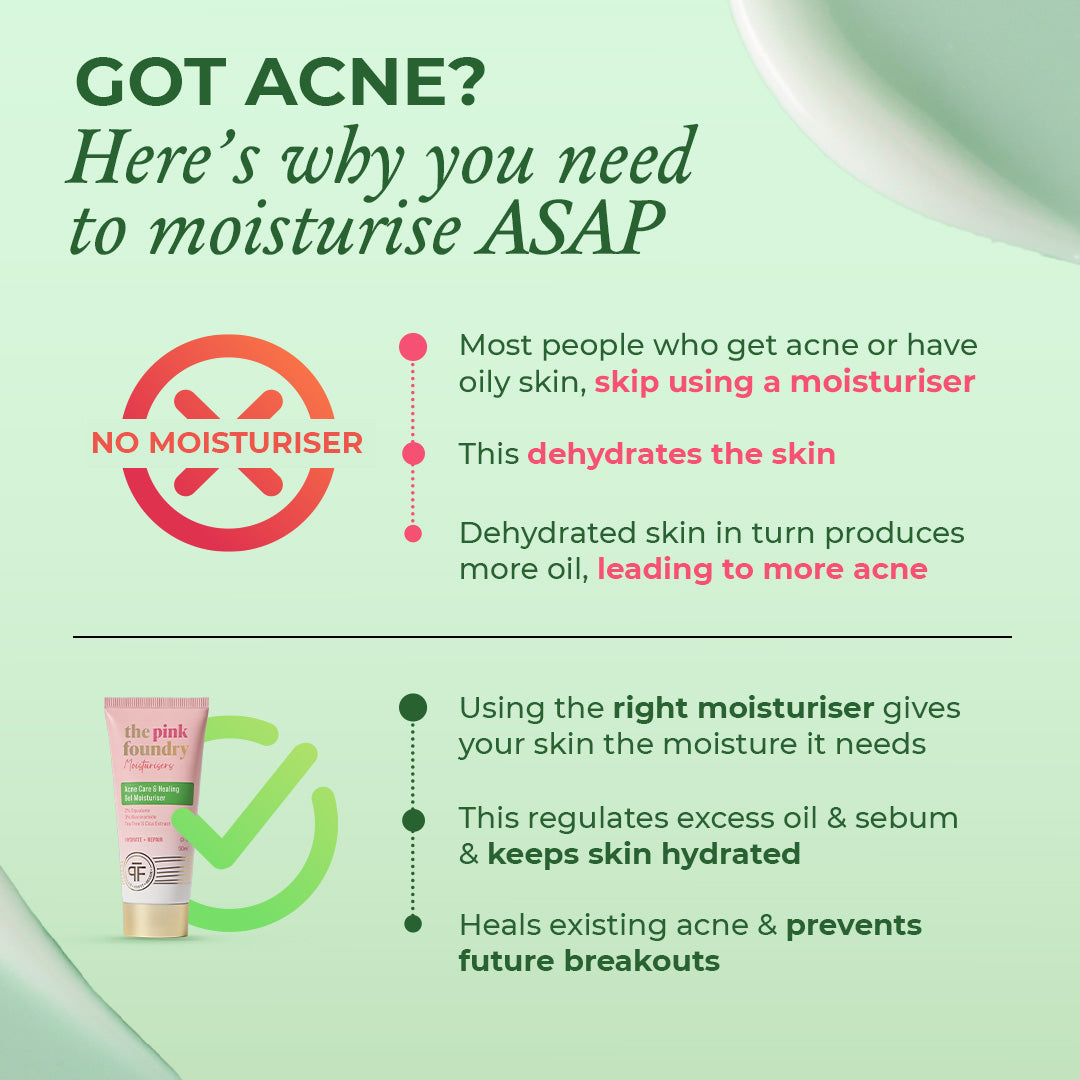
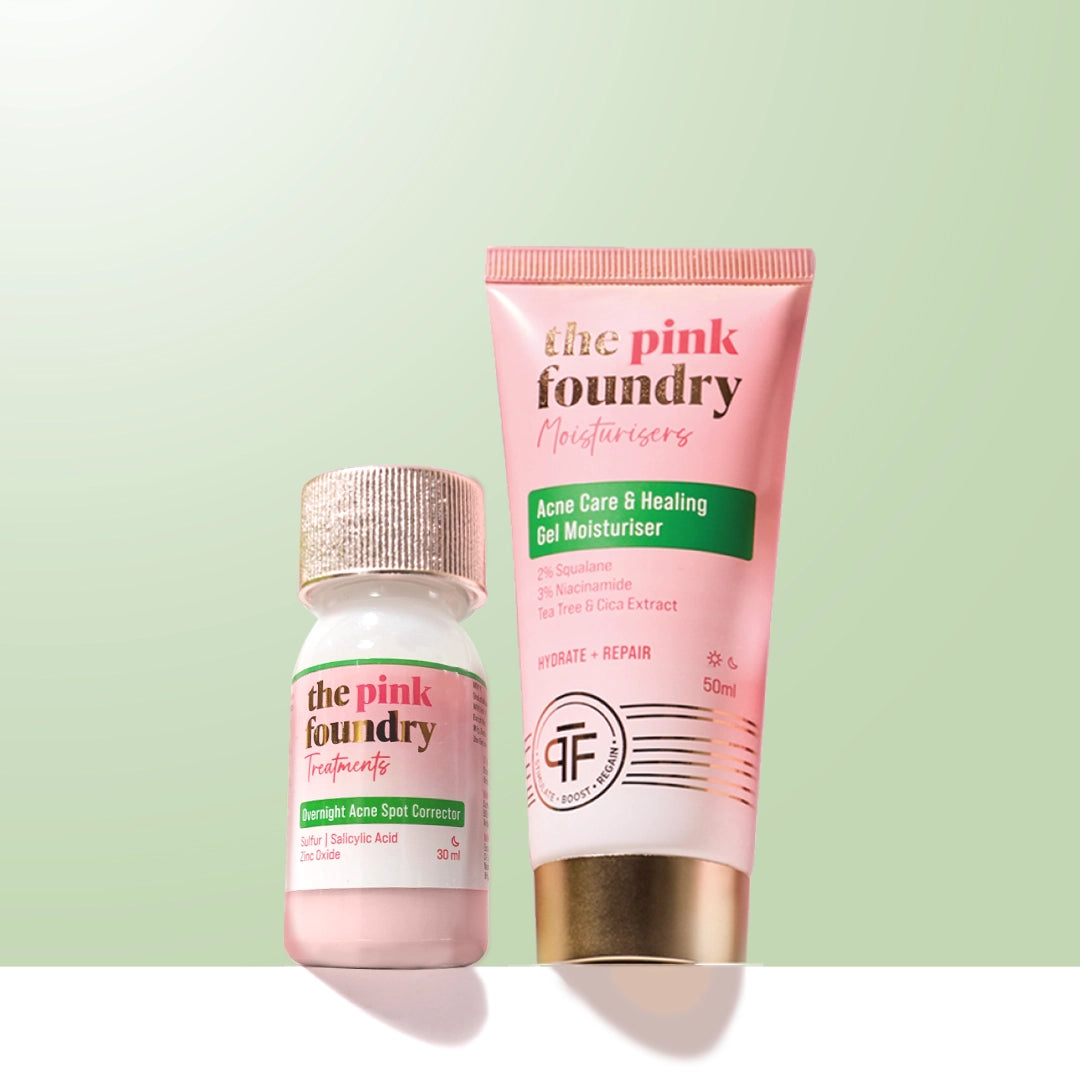
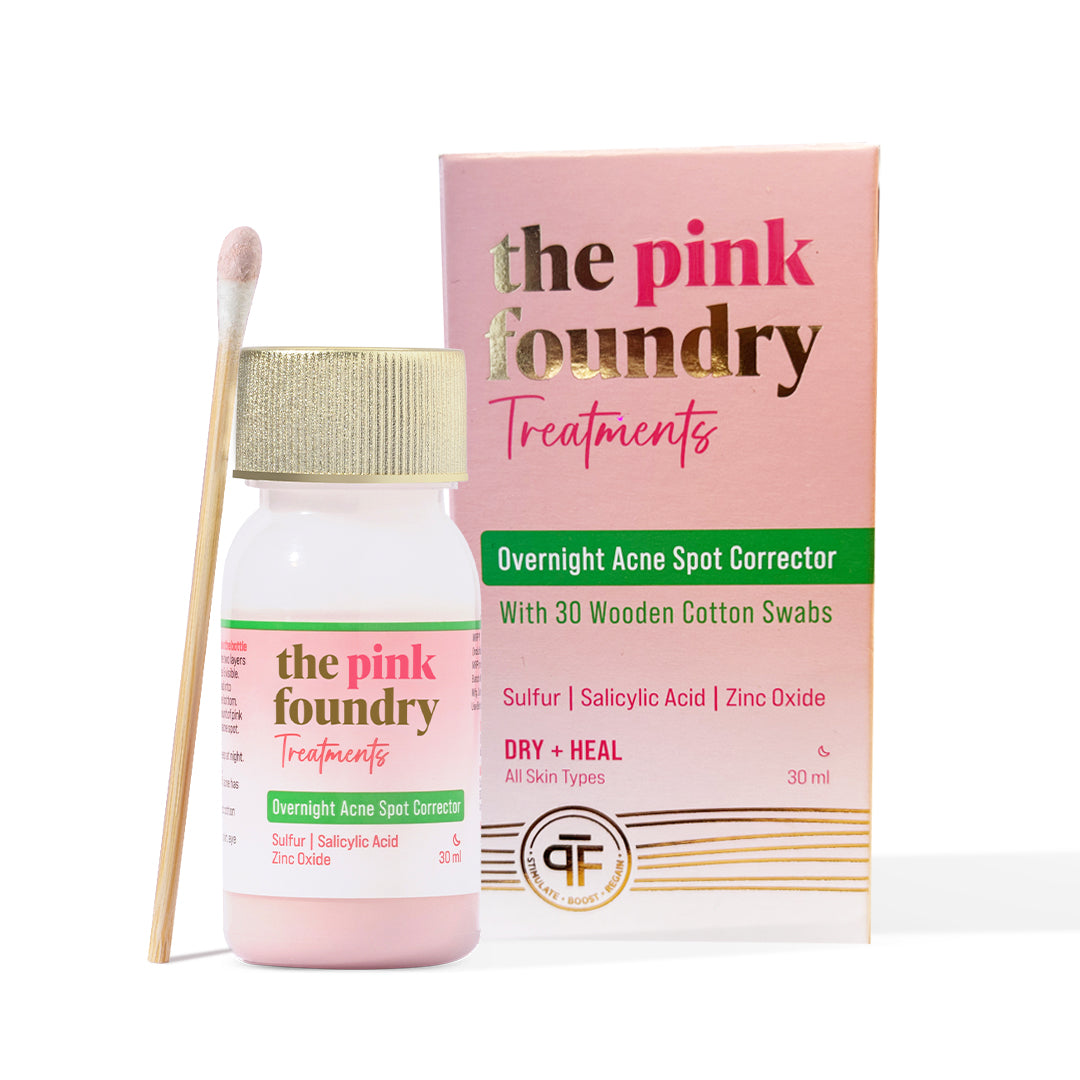
Leave a comment
This site is protected by hCaptcha and the hCaptcha Privacy Policy and Terms of Service apply.